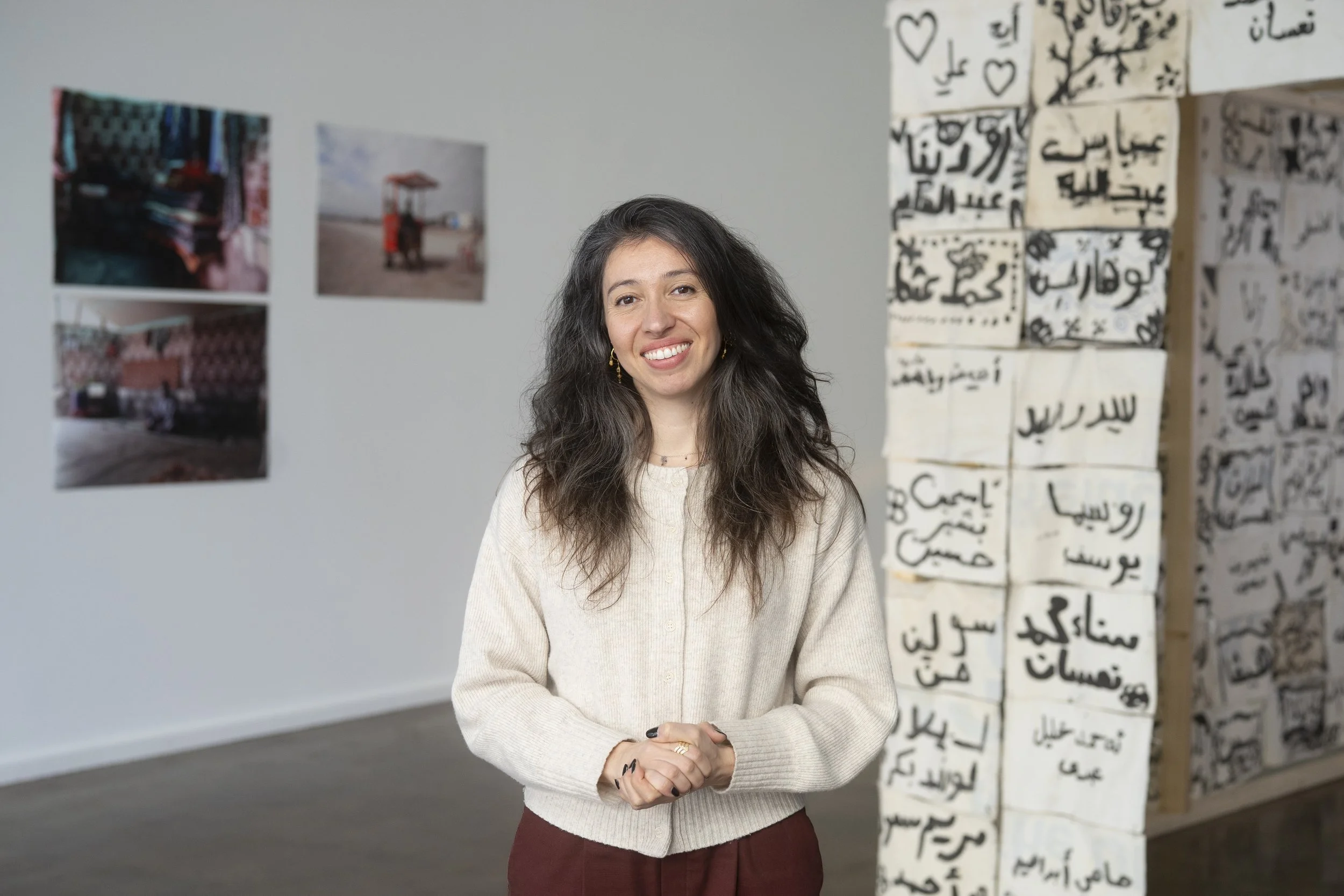About
Dr. Miriam La Rosa is a curator, researcher, and award-winning writer with fifteen years of experience in the arts. Born in Sicily and now based in Naarm/Melbourne, her work focuses on art residencies, alternative histories and experimental artistic practices—always with a drive to challenge conventional curatorial frameworks and encourage interdisciplinary collaboration.
Since January 2024, Miriam has been leading the curatorial program at Greater Dandenong City Council as Arts Curator, overseeing exhibitions and events across the city’s cultural precinct, with a special focus on the historic Walker Street Gallery and Arts Centre.
Miriam completed her PhD at the University of Melbourne in 2023, where she explored gift exchange and host-guest dynamics in art residencies. This research included a 2019 cross-cultural exchange project facilitating residencies, exhibitions, and public programs between Sicily (Italy), Gippsland, and Peppimenarti (Australia). She also spearheaded a digital exchange for the Marrgu Residency Program in 2020, supporting an Indigenous-led initiative by Durrmu Arts.
From 2020 to 2023, Miriam served as Art Projects & Research Manager at Agency Projects, an Aboriginal and Torres Strait Islander-governed nonprofit supporting Indigenous-led arts, culture, and environmental projects. In this role, she managed residency and publication programs, strengthening international partnerships.
She was a tutor at the University of Melbourne (2020–2022) in ‘Contemporary Art’ and ‘Biennials, Triennials, and Documenta,’ holding roles as a Graduate Fellow at the Centre of Visual Arts (CoVA) (2019–2021) and Treasurer of the International Association of Art Critics (AICA) Australia (2020–2024).
Her passion for championing research-driven curatorial practice led her to co-found the Art Residency Research Collective (ARRC) in 2020, alongside a global network of curators, artists and scholars: Pau Catà (Barcelona), Morag Iles (Newcastle upon Tyne), Patricia Healy McMeans (Minneapolis), and Angela Serino (Amsterdam).
Miriam’s writing has been widely published. In 2021, she won First Prize in the AICA Incentive Prize for Young Art Critics for her essay A Guest on the Edge: Manifesta and the Quest for European Unity and Solidarity, selected by an international jury. Her work has been shared in various curatorial platforms and academic journals (OnCurating, Spunti e Ricerche, OBOE Journal, Memo Review), reflecting her commitment to the global discourse on contemporary art.
Before relocating to Australia, Miriam worked in London as a Senior Researcher for Montabonel & Partners, contributing to international symposia and publications such as Media in the Expanded Field (Fundación Casa Wabi, Mexico, 2016) and Art Institutions of the 21st Century (2016). She was actively involved with the artist-run space Five Years and collaborated on projects at Whitechapel Gallery, London; Stedelijk Museum, Amsterdam; and Van Abbemuseum, Eindhoven.
In 2013 she co-founded Curating the Contemporary (CtC), an online publishing platform encouraging discussion on contemporary art and its practices, which she managed until 2021. In 2015, she was awarded the NSS/CASS FINE ART Award for Curatorial Project for LIMITACTION, a six-month residency project at the Window Space, London, which culminated in the publication IN TRANSITION: the artistic and curatorial residency, presented at Whitechapel Gallery.
Alongside her PhD, Miriam holds an MA in Curating the Contemporary (London Metropolitan University), a Master of Museology (Reinwardt Academy, Amsterdam), and a BA (Hons) in Art History (Università Cattolica, Brescia).
I would like to acknowledge and honour the Traditional Custodians of the land where I live and work today, and pay my respects to their Elders, past, present and emerging. Sovereignty was never ceded.
